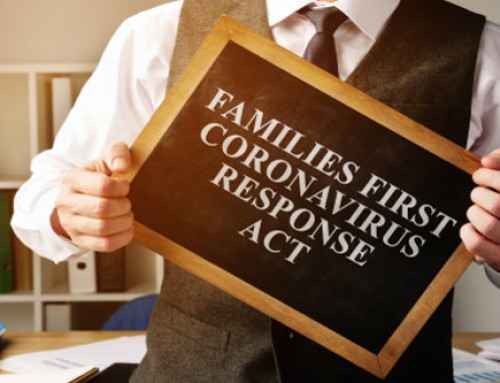Not all people who work for companies are employees; sometimes they are independent contractors. Properly classifying workers can save a company costs associated with insurance, taxes, and overhead; however, wrongly classifying them can result in fines, fees, and increased liability. Understanding the difference between employees and independent contractors is not always clear cut, but here are some basics.
Who is Considered an Employee in South Carolina?
In some cases “employee” may be defined by a statute, or may have been defined by the courts. But in most cases, employers are left to weigh various factors. The main test for whether a worker is an employee is whether the employer has the right and authority to control and direct the person’s work. Factors to consider are:
- How the worker is paid (usually salaried or hourly)
- What equipment the worker uses and who owns it (usually the employer owns it)
- Whether the employer has the right to fire the worker and
- Any other direct evidence of right or exercise of control.
In general, if the employer controls not only the outcome of the work but also the manner and means by which the work is done, the worker is an employee.
Who is Considered an Independent Contractor in South Carolina?
An independent contractor can be distinguished from an employee by looking at several similar factors:
- Can the worker use his/her own methods to complete the work without being subject to the control or process of the employer?
- Can the worker choose where, when, and how he/she works rather than a set number of hours?
- Is the worker paid by the project or on commission?
- Does the worker use the equipment owned by the worker rather than the employer?
- Does the worker work for more than one employer at a time?
An independent contractor generally has less oversight by the employer and does the work when, where, and how he/she chooses using his/her own equipment.
Why Does It Matter How Workers Are Classified?
Employers must comply with various laws about how they treat their workers depending on whether the workers are employees or independent contractors. For example:
- Employers must generally have workers’ compensation insurance if they regularly employ four or more workers full-time or part-time (there are some exceptions to this rule).
- Employees who are non-exempt must be paid properly for overtime according to the Fair Labor and Standards Act and must be paid their wages in accordance with the South Carolina Wage Payment Act.
- Employees may be entitled to unemployment compensation depending on the terms of their release from employment.
- Employees are entitled to protection from certain forms of discrimination, harassment, and retaliation.
- Independent contractors generally are not covered by most employment and labor laws.
An employer cannot claim they did not know the laws if they wrongly classify an employee as an independent contractor. Failing to properly classify workers can subject an employer to penalties and fines such as:
- Workers’ compensation fines of $10-$100 each day their employees are not insured.
- Employers who fail to pay compensation per Workers’ Compensation laws may be guilty of a misdemeanor and pay a fine up to $1000 and/or go to jail for up to 6 months.
- An employee who was improperly classified as an independent contractor may be able to recover unpaid minimum wages and overtime, in addition to liquidated damages.
- An employer that does not pay the proper amount of unemployment taxes may be fined 10% of the contributions due for not filing quarterly reports.
- An employer may owe back taxes for failing to pay payroll taxes on an employee wrongly classified as an independent contractor.
If you are uncertain whether your employees or independent contractors are correctly classified, consult with our experienced employment lawyers at Gignilliat, Savitz, and Bettis, LLP.






